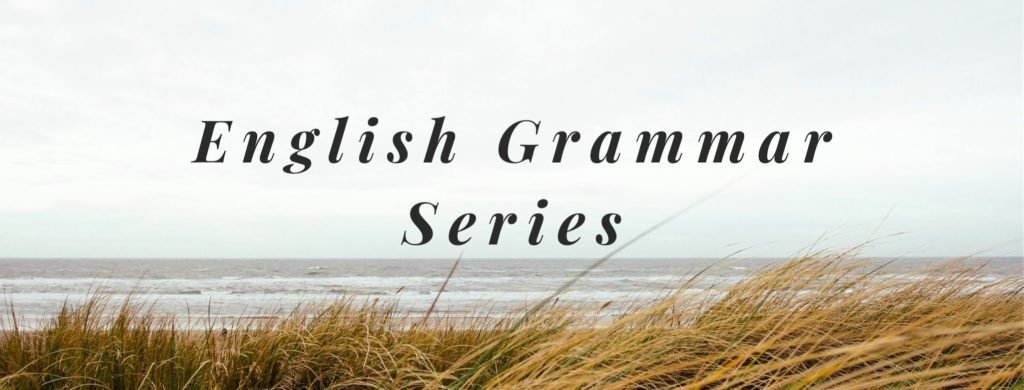Conditional Sentence
A conditional sentence lists the condition that is necessary for a particular event to happen. Conditional sentences have two parts:
- The “if” clause, also known as a conditional clause.
- The main clause.
(A clause is that part of a sentence (or group of words) that contains a subject and a verb.)
Example: If a certain condition is true, then a particular result happens.
Here the “If clause” in the first part of the statement says “If a certain condition is true” and the main part is “then a particular result happens.”
Example: I would travel around the country if I won the lottery.
Here the if clause in the latter half of the statement says “if I won the lottery.” The main clause is “I would travel around the country”
Types of Conditional Sentences
- Real Conditional
- Hypothetical Conditional
- Impossible Conditional
Real Conditional
Rule: If (simple present tense) Main (simple future)
Use: This type of conditional statement is used to make future predictions or express future possibilities.
In this, if clause contains the verb in present tense form while the verb in main clause contains the verb in simple future form.
Ex: If you rest, you will feel better. (rest is in simple present; will feel denotes simple future.)
Ex: If I win the lottery, I will buy a house.
This sentence would be incorrect: If you will rest, you will feel better.
Now you can tell how. Because the sentence predicts a future possibility with if clause. Hence the if clause should have the verb in simple present form. So the correct sentence is “If you rest, you will feel better.”
Some more examples of Real Conditional Statement
- If it rains, I will propose her.
- If you finish your homework, I will give you a treat.
- If I come first in the class, my father will buy me a mobile.
Hypothetical Conditional
Rule: If (past tense) Main (would)
Use: These are used for expressing outcomes that are completely unrealistic or will not likely happen in the future. Such statements are used to imagine a situation- what would be like if things were different.
Such statements are also used for speculating about future events/results of a condition that is not true in the present.
In this, “if clause” contains the verb in past tense form while the verb in the main clause contains the modal verb would, could or might along with the base form of the verb. In the if clause part were is used and was is never used.
Example: If I inherited a billion dollars, I would travel to the moon.
If I had a parker pen, I would give it to her.
If I were the class teacher, I would never give homework.
Impossible Conditional
Rule: If (past perfect) Main (would/could/might have + V3)
Use: It is used to explain that the circumstances would be different if something different had happened in the past.
Ex: If I had cleaned the house, I could have gone to the movies.
- Untrue past condition- If I had cleaned the house
- Untrue past result- I could have gone to the movie.
Ex: If you had told me you needed a ride, I would have left earlier.

